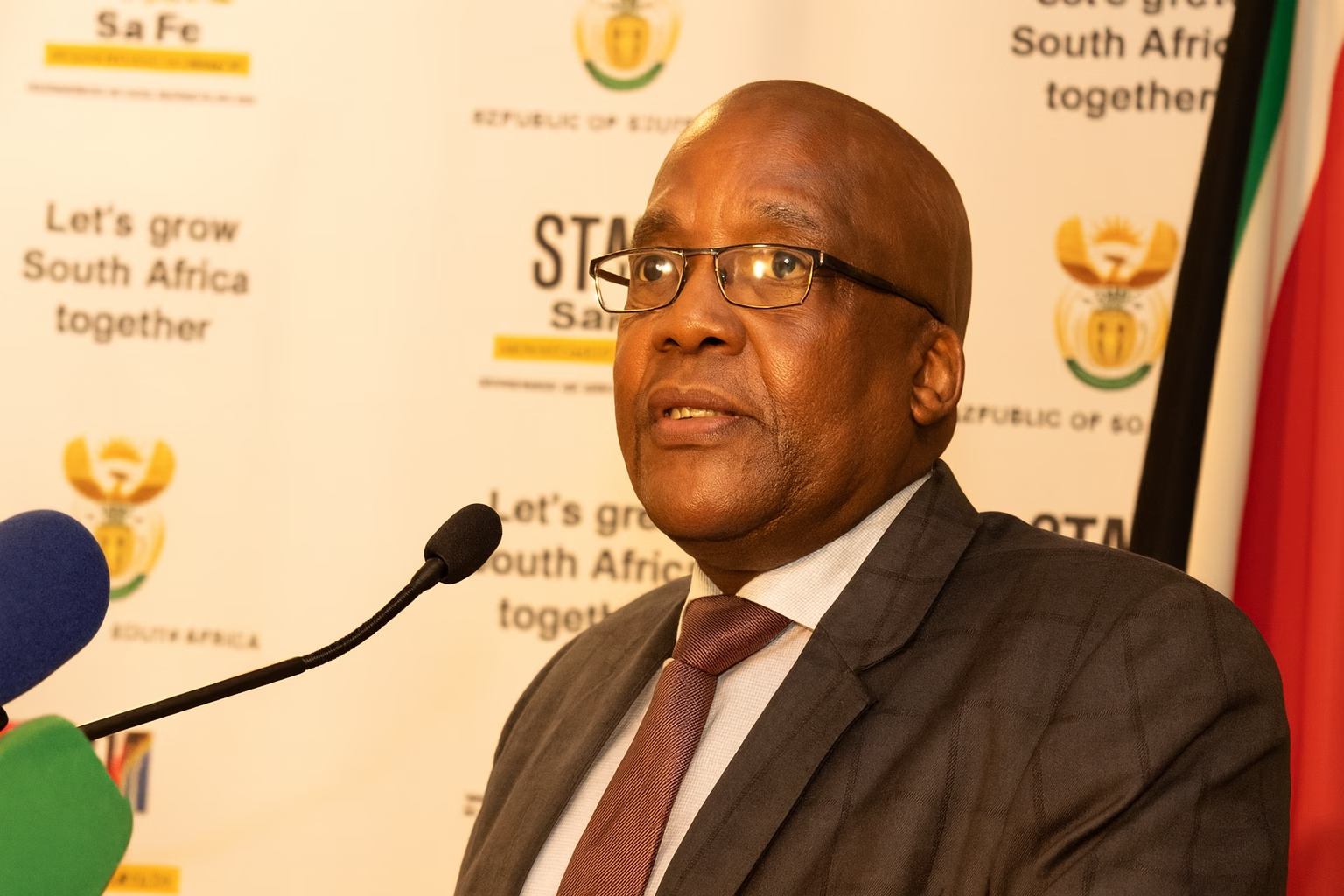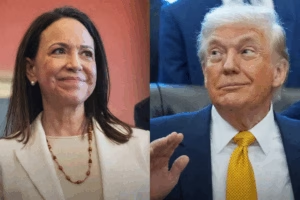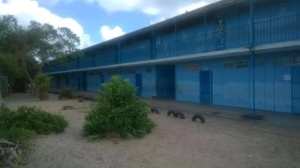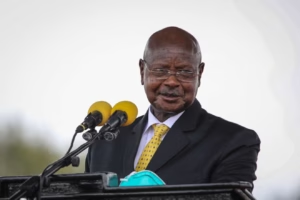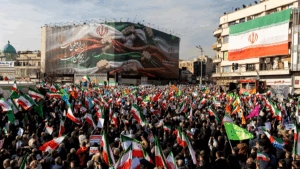The extent of corruption at Tembisa Provincial Tertiary Hospital has drawn national outrage after the Special Investigating Unit (SIU) revealed that billions of rands meant for healthcare were siphoned away through organised fraud. Health Minister Dr Aaron Motsoaledi, visibly shaken by the revelations, remarked that the scandal had made him
“appreciate why the Chinese execute people”
found guilty of corruption, although he stressed that South Africa would not adopt such measures.
Billions Drained from Hospital Funds
The SIU’s interim report, released on Monday, laid bare the scale of maladministration at the hospital. SIU head Advocate Andy Mothibi confirmed that coordinated syndicates had orchestrated the looting.
“We can reveal today, through the SIU investigation, that evidence has revealed a number of maldistribution and other public procurement irregularities. This indeed will be described as a devastating plunder of the public funds, which we found in our probe. The investigation has uncovered, up to date, three coordinated syndicates responsible for the loss of over R2 billion,”
said Mothibi.
He explained that when the investigation began in 2022, at the request of the Gauteng premier’s office, the initial estimate of stolen funds was far lower at R850 million. The deeper inquiry uncovered what Mothibi described as an egregious betrayal of the public trust.
“This staggering sum of money intended for the provision of healthcare at Tembisa Hospital to take care of the most vulnerable was instead ruthlessly siphoned off through a complex web of fraud and corruption, representing an egregious betrayal of the public trust,”
he added.
Whistleblowers Targeted
The report not only confirmed corruption but also highlighted the dangers faced by those who spoke out. Motsoaledi paid tribute to Babita Deokaran, the chief director of financial accounting at the Gauteng Department of Health, who was assassinated in 2021 after exposing irregular contracts.
He recalled how other whistleblowers, such as a government insider referred to as Mr T, had also faced repeated assassination attempts.
“The people who killed Babita, and who put Mr T (another whistleblower in government) are driving Lamborghinis, the Lamborghini Urus and the other ones you could not pronounce, advocate (Mothibi). They are living a free life. Now, what type of country are we going to become that the public servants who are the real public servants are the ones that are in hiding, and the sgebenzas (thugs) are the ones driving Lamborghinis,”
asked Motsoaledi.
He continued with a striking admission:
“Surely, none of us like to live in that type of country. I know what I am going to say, many of you here might criticise me, but I am going to say it anyway. When things like this happen, you start appreciating why the Chinese execute people, to remove them from society. You start appreciating it. I am not saying we can do it, we are a different country, but you start appreciating why they go to that extent. Because they don’t want to live in hiding and let the thugs run amok.”
Mr T has since gone into hiding, living in constant fear after surviving two attempts on his life. His testimony remains a critical part of the state’s case against those implicated.
Cyril Ramaphosa’s Nephew, Hangwani Maumela Implicated
The SIU investigation has revived questions about politically connected individuals who benefitted from irregular contracts. Earlier this month, IOL reported that the National Prosecuting Authority, acting on a report compiled by Deokaran, implicated President Cyril Ramaphosa’s nephew, Hangwani Maumela.
The Asset Forfeiture Unit has since seized assets belonging to Maumela, who secured at least R415 million in hospital contracts.
Although Maumela is related to the president through a previous marriage, Ramaphosa has denied any association. In Parliament, he insisted that he did not know Maumela personally.
Deokaran’s report, submitted just three weeks before her murder, flagged Maumela’s business interests as part of a suspicious procurement network. It was this report that triggered further audits by the National Treasury’s Specialised Audit Service Unit.
Systemic Abuse of the Supply Chain
The Treasury audit confirmed Deokaran’s warnings, identifying 14 entities linked to Maumela that unlawfully benefitted from contracts worth R415 million. A further 18 entities tied to businessman Rudolph Mazibuko received contracts valued at R300 million through similarly irregular processes.
These findings reinforce the view that corruption at Tembisa Hospital was not random but systemic, deeply entrenched within procurement channels. The loss of funds intended for essential healthcare has left both policymakers and the public questioning how accountability will be enforced and how whistleblowers can be better protected.
As Motsoaledi noted, the choice now lies between allowing syndicates to flourish unchecked or reaffirming a society where honest public servants do not have to live in hiding.

